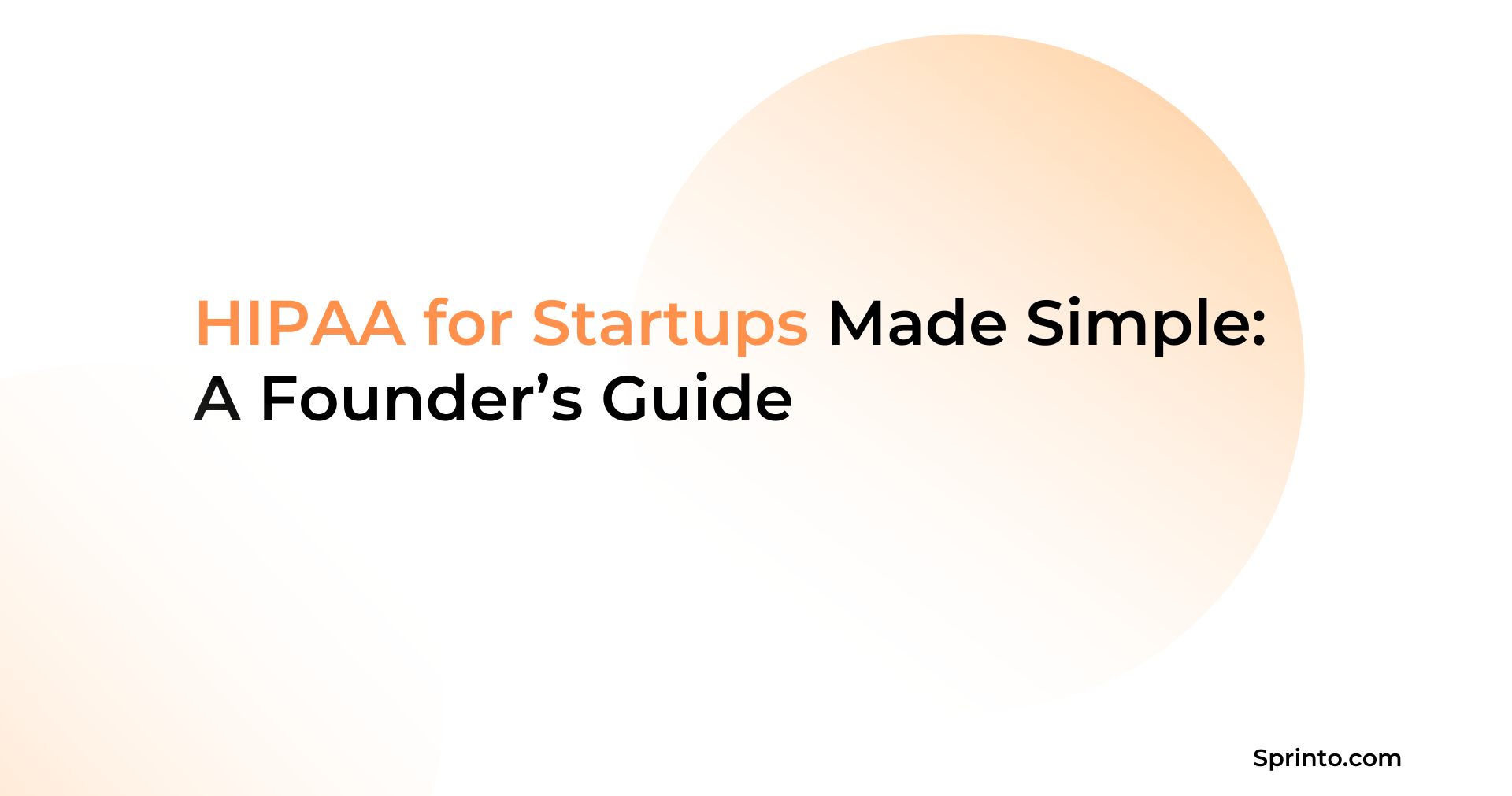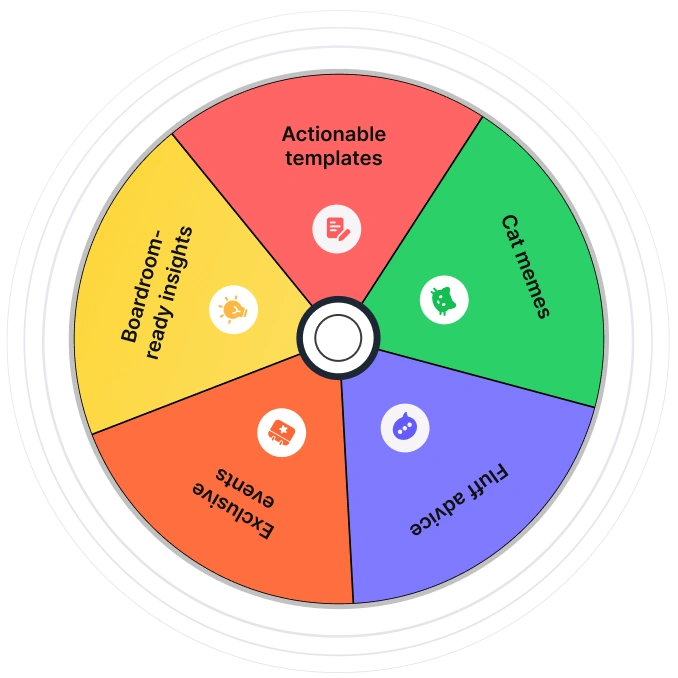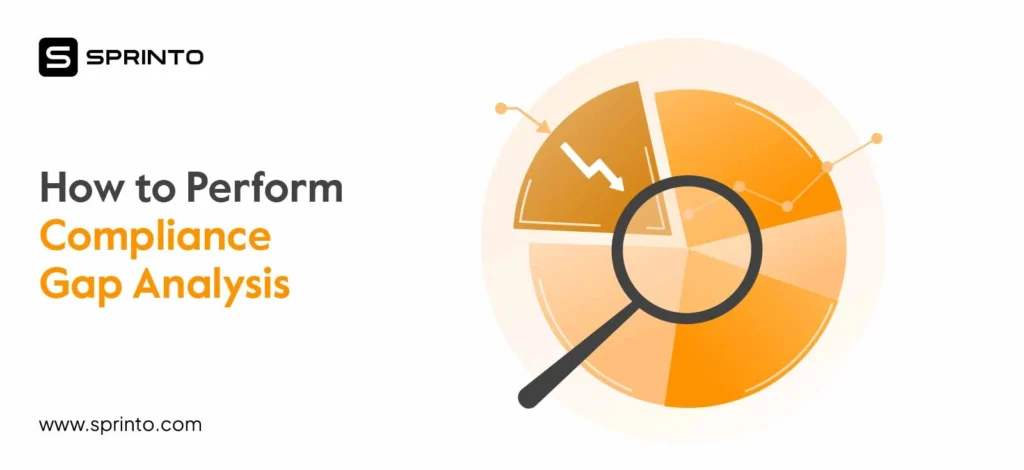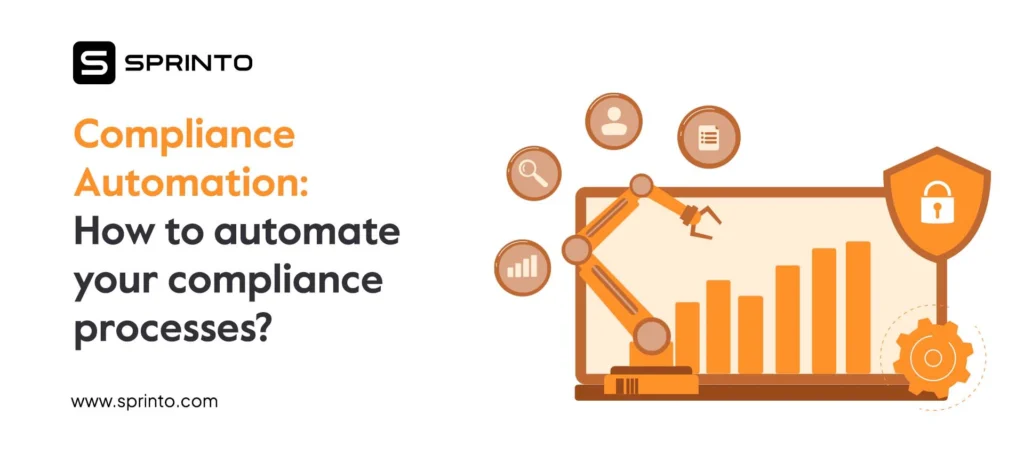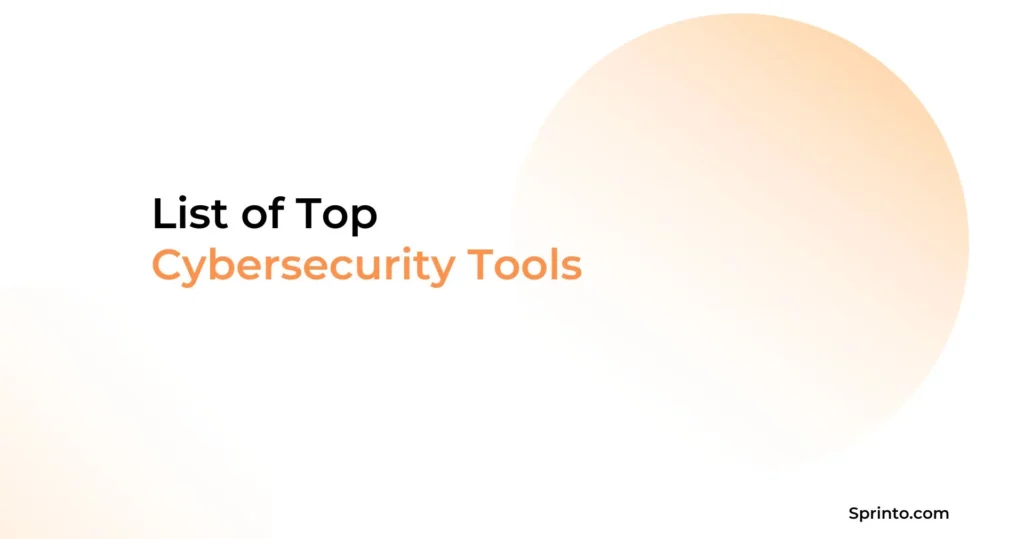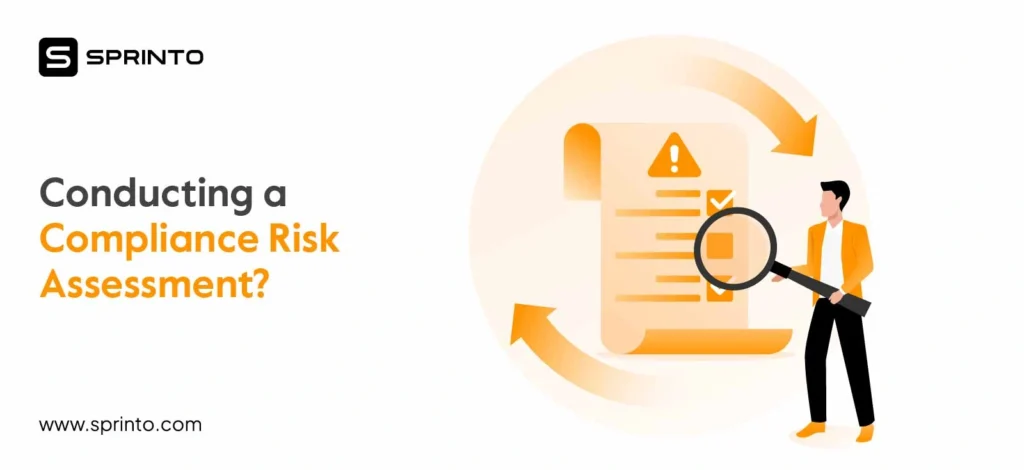Healthcare data breaches are skyrocketing. According to the HIPAA Journal, 725 incidents in 2023 exposed 133 million records, nearly double the year before. Startups in digital health are especially vulnerable: lean teams, fast-moving product cycles, and early infrastructure make them prime targets.
The catch? Even indirectly handling Protected Health Information (PHI) can trigger HIPAA obligations. As Momentum states, with 60% of small businesses shutting down within six months of a major breach, compliance isn’t just regulatory red tape; it’s survival.
In this guide, we’ll break down HIPAA for startups: what it means, who it applies to, the key requirements, and how automation platforms like Sprinto make compliance achievable without slowing growth.
HIPAA basics every founder should know
The moment your product starts handling patient data, HIPAA comes into play. At its core, HIPAA (Health Insurance Portability and Accountability Act) is the U.S. law that protects protected health information (PHI)—any data that can identify a patient and relates to their health.
PHI goes beyond medical charts. It can include:
- Names, addresses, phone numbers tied to care
- Test results, prescriptions, or insurance details
- Even account numbers or device IDs linked to health data
So, if your app stores lab results, integrates with electronic health records (EHRs), or processes claims, you’re in HIPAA territory.
HIPAA has four key rules every founder should know:
- Privacy Rule: Defines PHI and who can access or share it.
- Security Rule: Sets safeguards for electronic PHI (like encryption and access controls).
- Breach Notification Rule: Requires you to alert patients and regulators if PHI is exposed.
- Enforcement Rule: Outlines penalties for violations (fines can be steep).
Don’t forget the Business Associate Agreement (BAA). If vendors like your cloud host or billing system touch PHI, you must have a BAA in place to hold them accountable too.
For early-stage companies, HIPAA can feel daunting — but knowing these basics helps you build compliant systems before auditors or customers ever ask.
Does HIPAA apply to startups?
Yes – if your startup handles protected health information (PHI).
Not every startup falls under HIPAA, but the moment you create, store, transmit, or even indirectly process protected health information (PHI), you’re within its scope. This includes data like lab results, prescriptions, insurance details, or even identifiers tied to medical care.
Not every startup needs to be HIPAA compliant, but if your company works with, stores, or even indirectly processes protected health information (PHI), HIPAA probably applies to you. The tricky part is that many early-stage founders don’t realize just how quickly they fall into HIPAA’s scope.
Here’s a simple way to think about it:
- Covered Entities: These are organizations like hospitals, insurers, and clinics that provide healthcare services directly. If you’re building something like a digital-first clinic or telehealth platform, you’re operating as a Covered Entity under HIPAA.
- Business Associates: If your startup provides services to a Covered Entity that involve PHI (think: cloud storage, billing software, health analytics tools), you’re considered a Business Associate. That means HIPAA applies to you too.
A quick way to know if HIPAA applies to your business:
If the answer to any of these is “yes,” your startup is likely subject to HIPAA, and compliance needs to be built into your operations from the start.
A few common startup scenarios:
- Definitely HIPAA-covered:
- A SaaS platform that integrates with EHRs and stores patient records
- A telemedicine app enabling video consults and prescriptions
- A billing or claims-processing tool for healthcare providers
- Depends on the data:
- A fitness or wellness app that only tracks non-identifiable data (like steps or water intake) might not be covered
- An AI startup working with de-identified datasets may fall outside HIPAA, but the moment data can be re-linked to individuals, compliance is required
- Not HIPAA-covered:
- A general productivity tool used in healthcare settings, but not handling PHI (e.g., Slack, unless PHI is shared through it)
The bottom line? If your startup touches PHI, you need to assume that HIPAA applies, whether directly as a covered entity or indirectly as a business associate. And that means you’ll need the right safeguards, contracts (like Business Associate Agreements), and processes in place from the start.
Fresha, a global beauty and wellness platform, handles sensitive client health data. With Sprinto, they achieved HIPAA compliance quickly and at scale.
HIPAA requirements for early-stage companies
Once you confirm that HIPAA applies to your startup, the next step is understanding what’s actually required. For early-stage companies, this can feel intimidating, but breaking it down into clear categories makes it manageable.
HIPAA requirements fall into three big buckets:
1. Administrative safeguards
These are the policies, processes, and people-related measures that ensure PHI is handled responsibly. For a startup, this usually means:
- Drafting HIPAA policies (access, retention, breach response)
- Training employees on how to handle PHI safely
- Assigning a HIPAA compliance officer (yes, even if it’s someone wearing multiple hats)
- Conducting a HIPAA security risk assessment to identify gaps in your setup
2. Technical safeguards
This is where the rubber meets the road for most early-stage tech teams. You’ll need to put in place controls like:
- Encrypting PHI at rest and in transit
- Role-based access (only those who need PHI can see it)
- Audit logs to track who accessed what data and when
- Automatic log-off and session timeouts
3. Physical safeguards
Even in a cloud-first world, HIPAA still cares about the “physical” side of security. For startups, that means:
- Securing laptops, phones, and devices that handle PHI
- Using secure office spaces or co-working setups
- Implementing data backup and recovery plans
4. Documentation & contracts
HIPAA isn’t just about having controls; it’s about proving them. Startups need:
- Signed Business Associate Agreements (BAAs) with vendors that touch PHI
- Documentation of policies, procedures, and training
- A repeatable process for audits and reviews
How to achieve HIPAA compliance in startups
Knowing the rules is one thing; becoming compliant is another. HIPAA can be a huge lift for startups with lean teams and fast-moving roadmaps. But with a structured approach and a practical outlook on how to get HIPAA compliant, you can get there without slowing growth.
Here’s a step-by-step HIPAA compliance guide for startups:
1. Map your PHI
Start by identifying what protected health information (PHI) your product handles, where it’s stored, and who can access it. This mapping exercise is the foundation of compliance.
2. Classify vendors and sign BAAs
Any third-party vendor (cloud storage, billing, CRM, even email) that touches PHI must sign a BAA. This legally binds them to safeguard data the same way you’re required to.
3. Conduct a HIPAA security risk assessment
This is a must-have. It helps you spot vulnerabilities in your systems, processes, and workforce. For startups, this often uncovers gaps you wouldn’t otherwise notice—like unencrypted backups or overly broad access permissions.
4. Implement safeguards and policies
Put the basics in place:
- Encrypt data at rest and in transit
- Restrict access to PHI (least-privilege principle)
- Set up audit logging and monitoring
- Draft and circulate internal HIPAA policies
- Train employees on handling PHI responsibly
5. Document everything
HIPAA compliance isn’t just about doing the work; it’s about being able to prove it. Keep records of risk assessments, training logs, policy updates, and vendor BAAs.
6. Use HIPAA compliance software for startups
Manual compliance is painful (and error-prone). Modern HIPAA compliance software for startups automates evidence collection, risk monitoring, policy enforcement, and audit readiness. This saves time and ensures you’re not reinventing the wheel.
See how Kodif achieved HIPAA compliance in just 3 weeks with Sprinto.
HIPAA compliance challenges for startups
HIPAA was written with large healthcare enterprises in mind. Startups, with lean teams and shifting priorities, run into a very different set of challenges:
1. Limited resources
Most startups don’t have a full-time compliance team. Often, a CTO or security lead wears multiple hats: engineering, infrastructure, and compliance, making it tough to give HIPAA the focus it requires.
2. Vendor dependencies
Startups rely heavily on third-party tools (cloud storage, analytics, CRMs). If even one vendor isn’t HIPAA-compliant or refuses to sign a BAA, your compliance journey can grind to a halt.
3. Balancing speed vs. security
Founders want to ship fast, but HIPAA requires you to slow down and document. Encryption, access controls, audit logs, and security reviews can feel like “extra steps” when you’re racing to build product-market fit.
4. Cost of compliance
HIPAA compliance can be expensive if approached manually – lawyers, consultants, policy writers, training, and audits. For an early-stage company, this often looks like an unplanned budget sink.
5. Evolving infrastructure
Startups iterate constantly. Today you’re on AWS with one database; tomorrow you’ve added GCP, a new analytics stack, and 10 contractors. Every change can reopen HIPAA risks unless continuously monitored.
6. Staying compliant over time
Achieving HIPAA compliance once is hard enough; maintaining it is harder. Continuous monitoring, risk assessments, and employee training must be repeated regularly, not treated as one-off tasks.
How Sprinto automates HIPAA compliance for startups
For most startups, the biggest barrier to HIPAA compliance isn’t intent—it’s execution. Policies, risk assessments, vendor BAAs, technical safeguards, and documentation can quickly become overwhelming when trying to scale a product. That’s where Sprinto comes in.
Sprinto automates the heavy lifting of HIPAA compliance so early-stage companies can stay focused on building:
- Automated security risk assessments: Spot gaps in your infrastructure and get clear remediation steps.
- Continuous monitoring: Map your systems to HIPAA controls and track compliance in real-time.
- Vendor management: Monitor third-party tools, track BAAs, and flag non-compliance.
- Built-in policies and training: Get ready-to-use policy templates and employee training modules tailored to HIPAA.
- Audit readiness: Maintain audit trails, evidence logs, and documentation automatically, so you’re always “audit-ready” without manual effort.
Expedite HIPAA compliance with Sprinto. Speak to our experts today.
FAQs
It’s a systematic review of your startup’s systems, policies, and processes to identify vulnerabilities that could expose PHI. HIPAA requires early-stage companies to perform and document these assessments regularly.
Costs vary. Doing it manually with lawyers and consultants can run into tens of thousands. Using HIPAA compliance software for startups (like Sprinto) is often faster, more affordable, and easier to maintain.
Yes, but it’s resource-intensive. Startups with lean teams often struggle with documentation, vendor monitoring, and continuous audits. Software automates much of this, making it practical for early-stage companies.
Non-compliance can lead to fines, lawsuits, reputational damage, and lost customers. For early-stage companies, even one violation can be existential.
The rules are the same, but the approach differs. Enterprises usually have compliance teams, while startups must balance HIPAA with growth. This makes automation tools critical for smaller teams.
It depends on your infrastructure and processes. Manual compliance can take several months, but startups using automation platforms like Sprinto often achieve compliance in weeks.
It automates evidence collection, risk assessments, vendor monitoring, training, and documentation. This lets founders stay focused on product growth while ensuring HIPAA compliance for startups is always audit-ready.
Radhika Sarraf
Radhika Sarraf is a content marketer at Sprinto, where she explores the world of cybersecurity and compliance through storytelling and strategy. With a background in B2B SaaS, she thrives on turning intricate concepts into content that educates, engages, and inspires. When she’s not decoding the nuances of GRC, you’ll likely find her experimenting in the kitchen, planning her next travel adventure, or discovering hidden gems in a new city.
Explore more
research & insights curated to help you earn a seat at the table.




